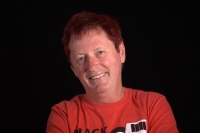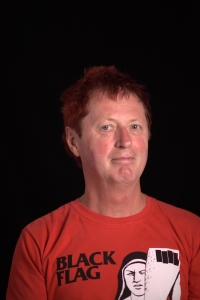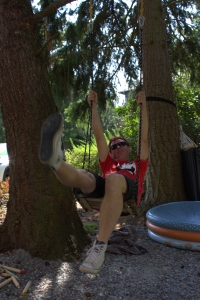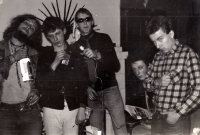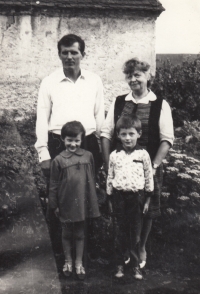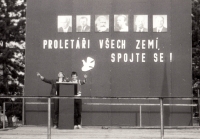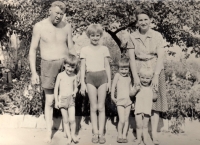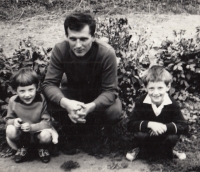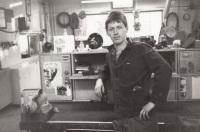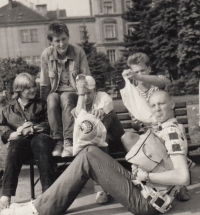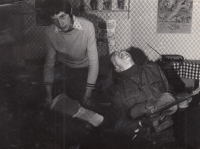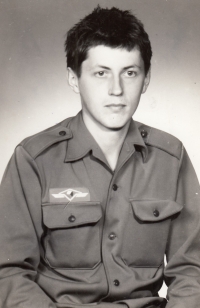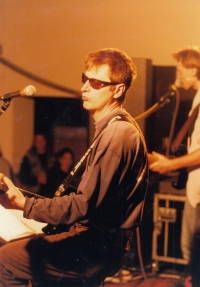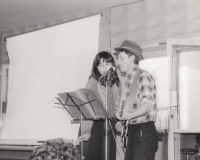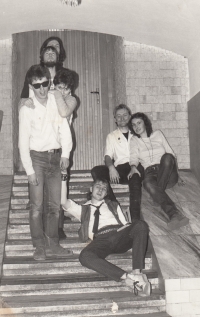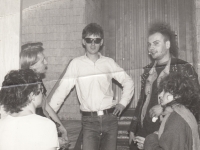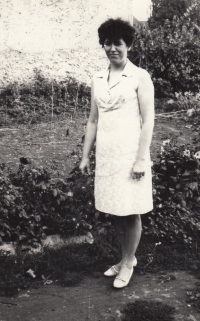I don‘t want to be a Czech dumpling
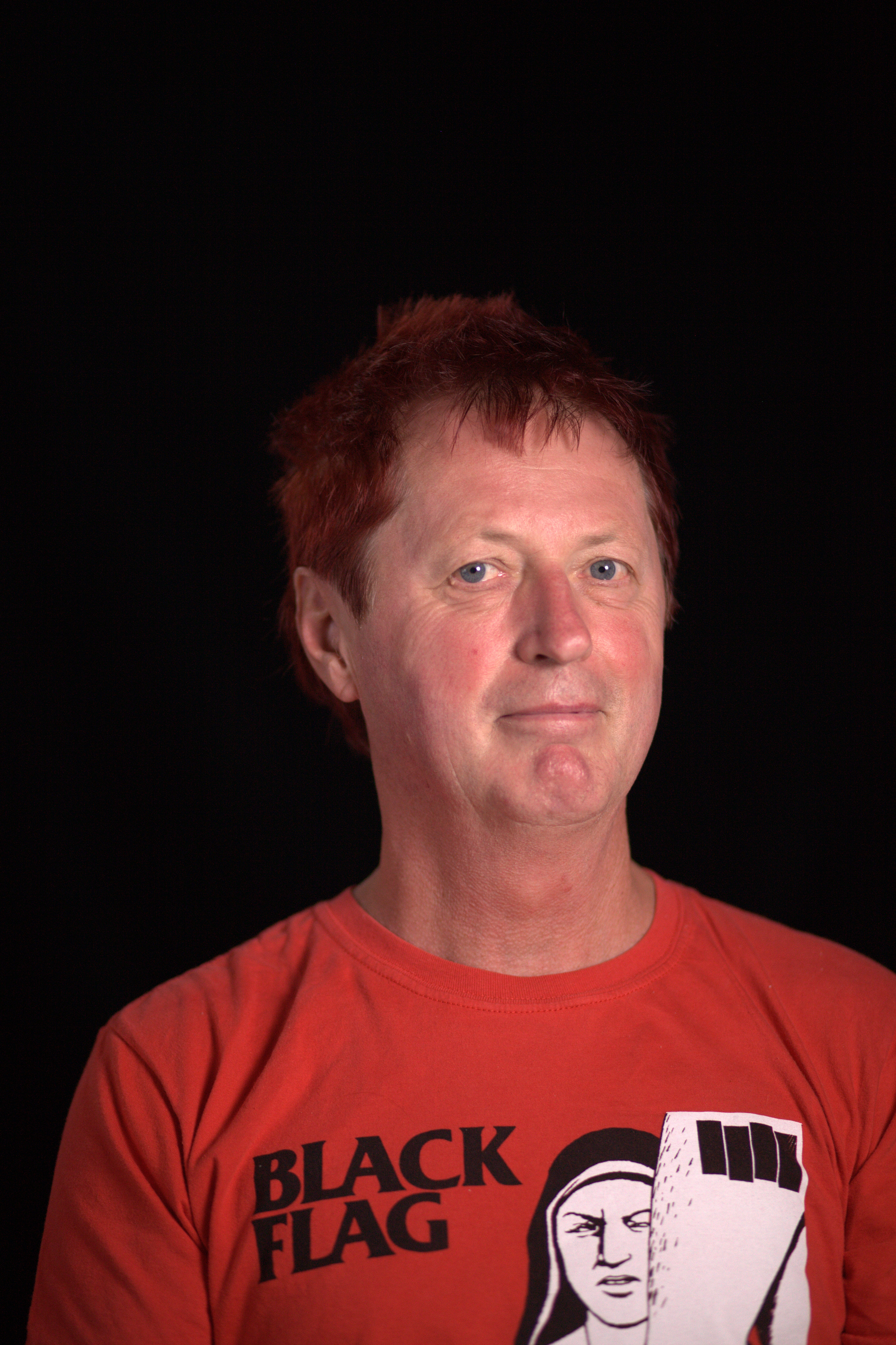
Stáhnout obrázek
Petr Škabrada (Déma) was born on May 10, 1962 in Pilsen and grew up in the village of Zruč a few kilometres north of Pilsen. His mother Jarmila worked as a warehouser at the Škoda plant in Bolevec, his father Ladislav worked as a locksmith at Škoda. Like his father, he trained as a locksmith and worked at the Škoda plant in Bolevec. In his childhood he read a lot and collected magazines, he was dazzled by the world of Jaroslav Foglar and is still a collector of his works. Thanks to the German television programmes that could be tuned in Pilsen, he got to know the bands Sex Pistols and The Clash and became a punk under their influence. He founded a punk cell in his native Zruč, meeting with his peers in the clubhouse. However, they eventually returned to discos and Petr Škabrada and a friend destroyed the clubhouse with an axe to the sound of the Sex Pistols. He and his friend Venys went to the parties and enjoyed them in full punk glory. His first instrument was a bass guitar, which had only two strings, and he composed songs on it in an old English Hillman car that was parked in the garden of their house. Later he bought a red electric guitar - he is self-taught, and while he believes musical training leads to skill, it blurs the distinctiveness of playing and musical expression. In 1983 he became a member of the band Zastávka Mileč, playing guitar and singing, Rudolf Procházka (Jožžin) played drums and also sang, Daniel Nakládal (Bowí) played bass guitar. The military services in Pardubice was hard on the witness, he fell ill with high blood pressure and after a year and a half he got a blue book. In 1986, the band Znouzectnost was formed, with which he still plays today (2024), its founding members were Petr Škabrada (Déma, guitar), Rudolf Procházka (Jožžin, drums) and Caine (he does not wish to give his real name, guitar), soon joined by Oldřich Neumann (Golda, bass guitar). After the tragic death of Jožžin in 1987, Caine moved to the drum kit and the band continued as a three-piece. In protest against the brutal crackdown on demonstrators during Palach Week in January 1989, the witness wrote a letter to President Gustáv Husák, and also spoke in dissent at a meeting of the Škoda plant in Bolevec. After the Velvet Revolution, he left Škoda and manufactured plastic windows, and since 1994 he has been a professional musician. He has five children with three wives, the oldest is in his forties and the youngest is four years old.
